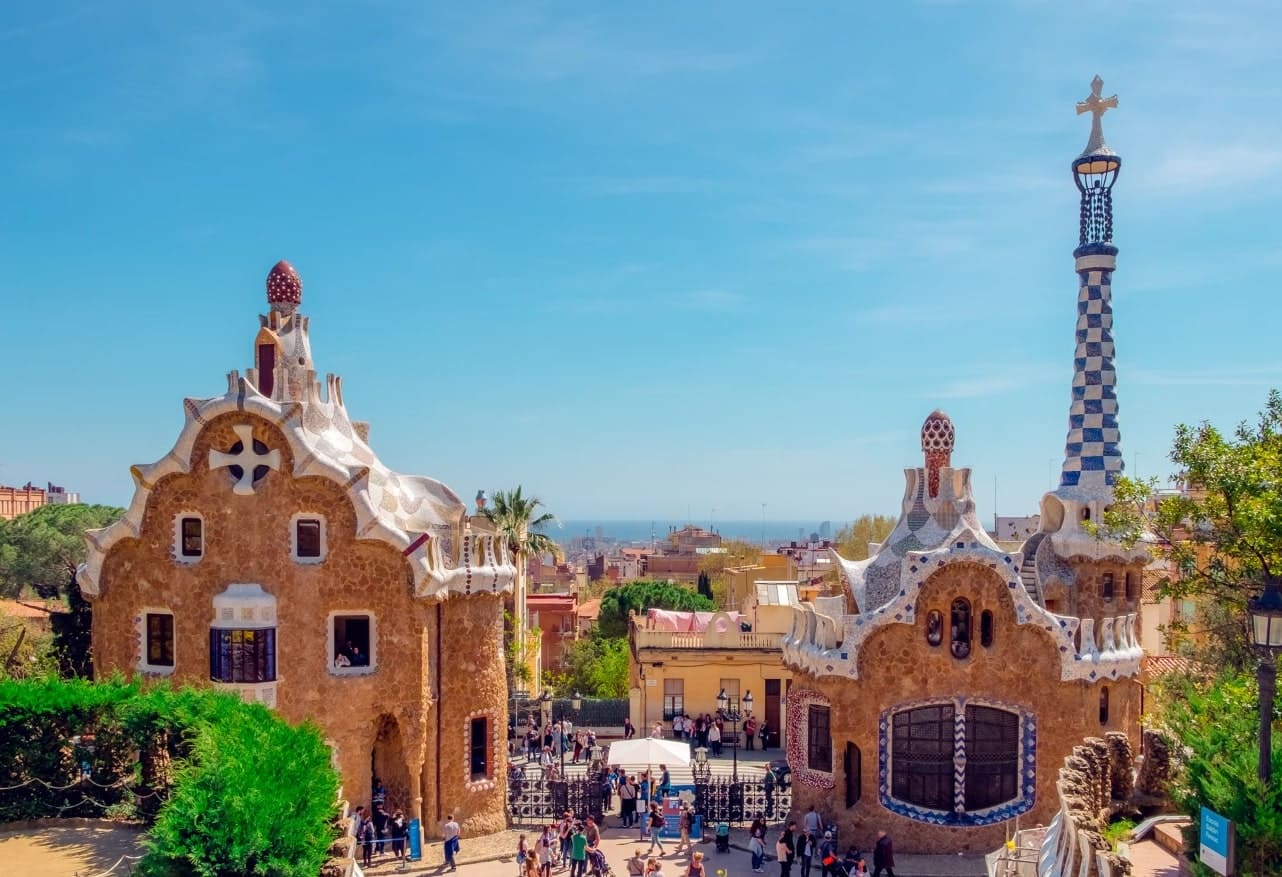Important: to understand the new requirements of the Beckham Law from 2023, please read our new article on the Startup Law
Until 2005, a foreigner or “returnee” (more on this later) who became a Spanish tax resident paid the same taxes as a national.
However, that year Spain introduced the Special Regime for Inpatriates Law, which has since allowed foreigners to save a considerable amount of tax when they move to Spain for work purposes.
The then Real Madrid footballer David Beckham was one of the first to take advantage of this law, and as a result, it’s still informally known today as the Beckham Law.
In today’s guide, we’ll detail the requirements and tax advantages of this attractive regime.
What is the Special Tax Regime for Inpatriates or “Beckham Law”?
Any individual who acquires tax residence in Spain as a result of moving to Spanish territory for work purposes (known as inpatriates) can opt to take advantage of the Beckham Law.
We’ll see later that under this regime, inpatriates can enjoy significant tax advantages for six years.
However, in order to benefit from this special regime, the person moving to Spanish territory must meet the following requirements.
What are the requirements?
Any person relocating to Spanish territory who has acquired tax residence in Spain and, therefore, is a PIT taxpayer, can pay PIT in accordance with the IRNR rules, provided that they meet the following requirements:
- Not having been a resident in Spain during the previous 10 years. This means that a Spaniard who has lived abroad can also benefit from this law.
- That their displacement takes place as a consequence of the following circumstances:
- For an employment contract, except for the special employment relationship between professional sportsmen and women.
- For acquiring an administrator condition of an entity in whose capital stock they don’t participate.
- That they don’t obtain income that could be deemed to have been paid by a permanent establishment located in Spanish territory.
Tax advantages
There are several tax advantages for the inpatriate who chooses to apply the Beckham Law in Spain.
Exclusive taxation for income in Spanish territory
As long as they prove their tax residence in Spain, the taxpayer will be taxed in Spain exclusively for the income obtained in Spanish territory and not for their worldwide income.
Therefore, income obtained abroad (income obtained in a country other than Spain) will not be taxed in Spanish territory. Except for income from employment, which must always be taxed in Spanish territory, regardless of the country in which it’s generated.
This is especially relevant because a “normal” taxpayer (someone who isn’t under the Beckham Law) must be taxed on their worldwide income. In Spain, they must declare the income obtained in Spanish territory and also the income coming from any part of the world.
For example, a person who obtains income from work in Spain for €50,000, income from work abroad for €10,000, income from real estate capital abroad for €15,000, and capital gains abroad for €5,000, must declare for Personal Income Tax purposes:
- Under the Beckham Law, an income of €60,000.
- Under the application of the General Personal Income Tax Regime, an income of €80,000.
Therefore, under this tax regime, significant tax relief would be obtained with respect to what a “normal” taxpayer would have to declare under the General Personal Income Tax Regime.
Reduced income tax
The tax rates levied on the income of inpatriates under the Beckham Law are lower than the maximum marginal personal income tax rates.
These are the only two brackets:
| Section | Applicable rate |
| Up to €600,000 | 24% |
| From €600,000.01 | 47% |
In Spain, the standard personal income tax rates are considerably higher for high incomes. They have a scale of six brackets (in the special regime there are only 2 brackets) in which the last established bracket taxes at the rate of 47% of those incomes that are higher than €300,000.
This means that an employed professional with an annual income of €600,000 would pay:
- €144,000 (average rate of 24%) under the Beckham Law.
- About €277,000 (average rate of 45%) under the general regime.*
* Approximate calculation, the PIT rate depends on many factors such as the Autonomous Community, education, and family situation…
As you can see, the inpatriate under the Beckham Law obtains a relevant tax benefit. In this example, they would pay almost half the tax of another individual who obtains the same income and is taxed under the general personal income tax regime.
Capital Gains
Capital gains (dividends, sale of shares, interest, etc.) obtained abroad are not taxable in Spain and must be taxed in the country of origin.
However, those obtained in Spanish territory by a person under the special regime must be taxed in Spain. And they will be taxed on a progressive scale different from the previous one, underrates from 19% to 26%, depending on the amount of income obtained.
Patrimony
Under this regime, the Wealth Tax must be paid, although only assets and rights located in Spain are accounted for.
But bear in mind that, broadly speaking, in order to be obliged to pay this tax, the taxpayer’s wealth in Spain must be higher than €1,000,000 (subtracting exemptions), so most people aren’t obliged to pay it.
Inheritance and donations
Inpatriates under the Beckham Law will have the status of residents for Inheritance and Gift Tax purposes.
This means that, in case of inheritance or donation, they will have to pay the Inheritance and Gift Tax of their Autonomous Community, for all the assets they receive, regardless of where these are located.
How long does it last?
A person moving to Spain for work purposes will be able to apply the Beckham Law for a period of 6 years (the year in which the tax residence in Spain is acquired, plus the following 5 years).
Therefore, if the move to Spain takes place in May 2022, the duration of the special regime will be from 2022 to 2027, both inclusive.
And it is important to note that, at the end of this six-year period, the Beckham Law cannot be extended or requested again, so the taxpayer will be taxed under the Spanish tax framework.
How to take advantage of it?
In short, the Beckham Law is an excellent opportunity to live for a period of time in Spain while paying a more reasonable amount of tax than under the general regime. Unlike the non-lucrative residency, it’s compatible with professional activity and doesn’t require a large upfront investment, as it does in the case of the Spanish Golden Visa.
If you’re interested, our tax experts can help you register in the special regime for inpatriates and minimize your tax burden in Spain as a result of its application. In that case, if you’d like us to help you with the process, please do not hesitate to contact us at [email protected] or through the contact form.






